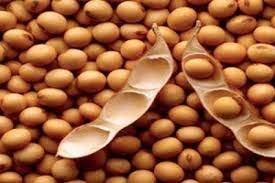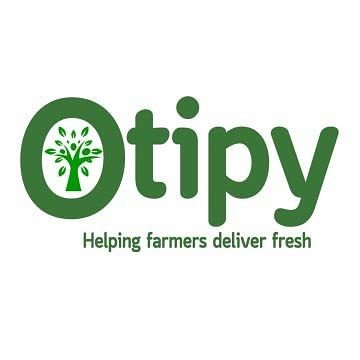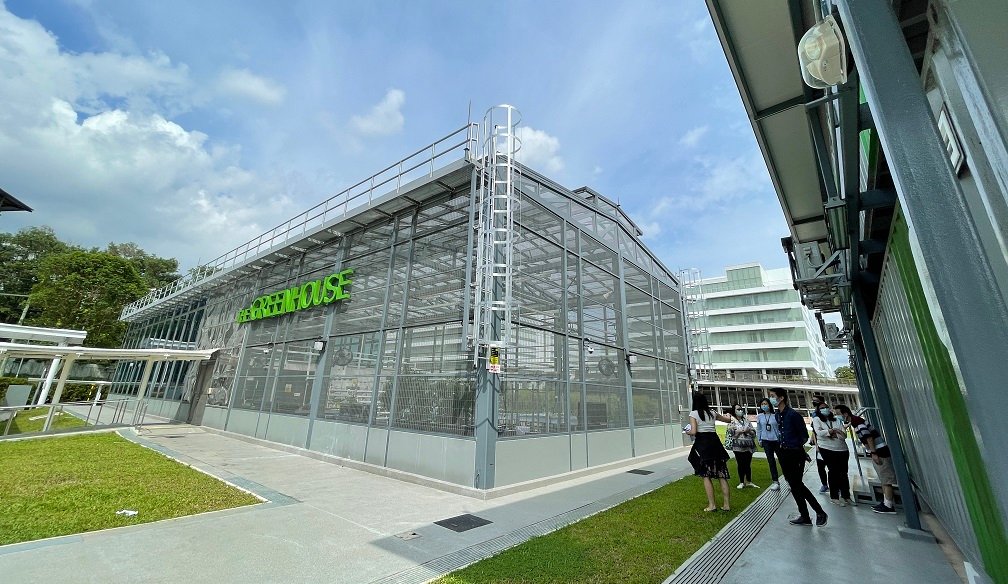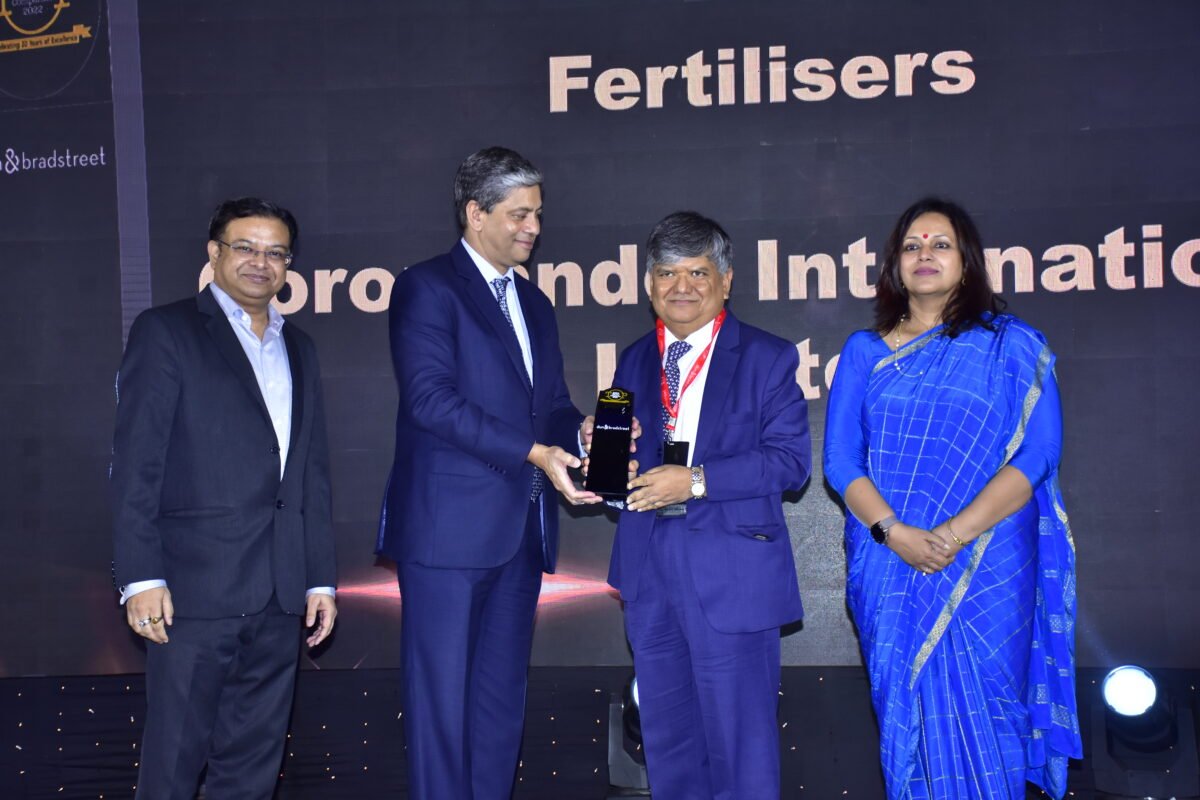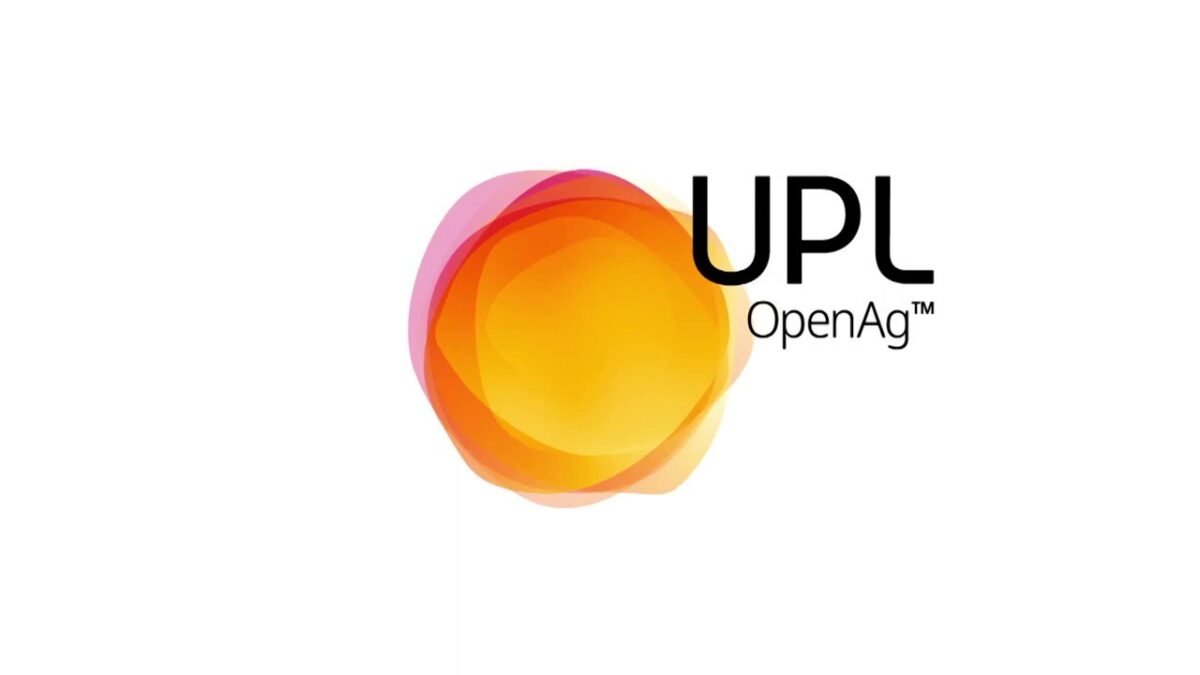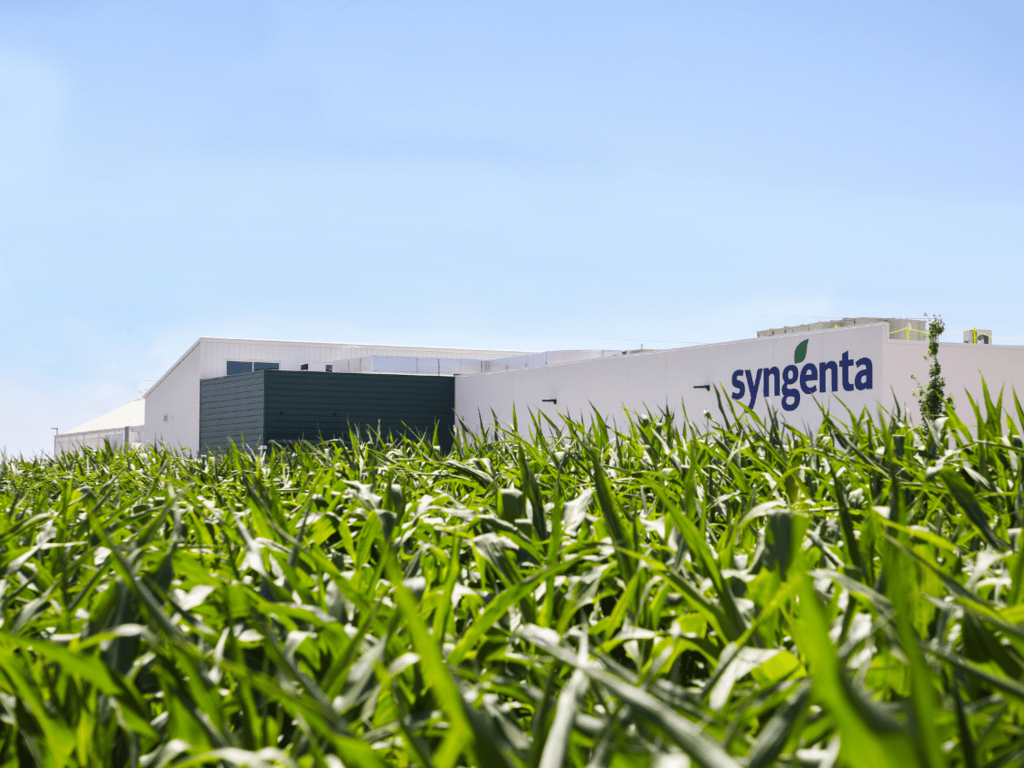BASF to introduce 10 new varieties of Xitavo™ soybean seed in 2023
All new varieties feature Enlist E3 technology to combat difficult weeds and will be available for the 2023 growing season.
Xitavo soybean seed, distributed exclusively by BASF, is offering 10 new soybean varieties for the upcoming year. With these additions, the Xitavo seed portfolio includes a total of 39 varieties.
All new varieties feature Enlist E3 technology to combat difficult weeds and will be available for the 2023 growing season. Xitavo soybean seed is owned by M.S. Technologies and solely distributed by BASF.
These new varieties support versatility and include the Enlist E3 triple-stack herbicide-tolerant trait to give farmers confidence in their soybean weed control program. They have been extensively tested and evaluated by our leading team of agronomists to ensure the seed rises above and beyond industry standard.
Xitavo soybean seed is designed with the understanding that a high-performing crop starts below the ground. Enlist E3 soybeans offer growers an advanced herbicide-tolerant trait technology with maximum flexibility and convenience.
BASF provides growers with support that extends beyond the field. Seed agronomists and agronomic solutions advisors consult with crop protection, technical service and seed treatment field representatives to give growers customized advice and recommendations for their field. These representatives also collaborate with consultants and university Extension specialists to capture, evaluate and summarize variety information.
All new varieties feature Enlist E3 technology

